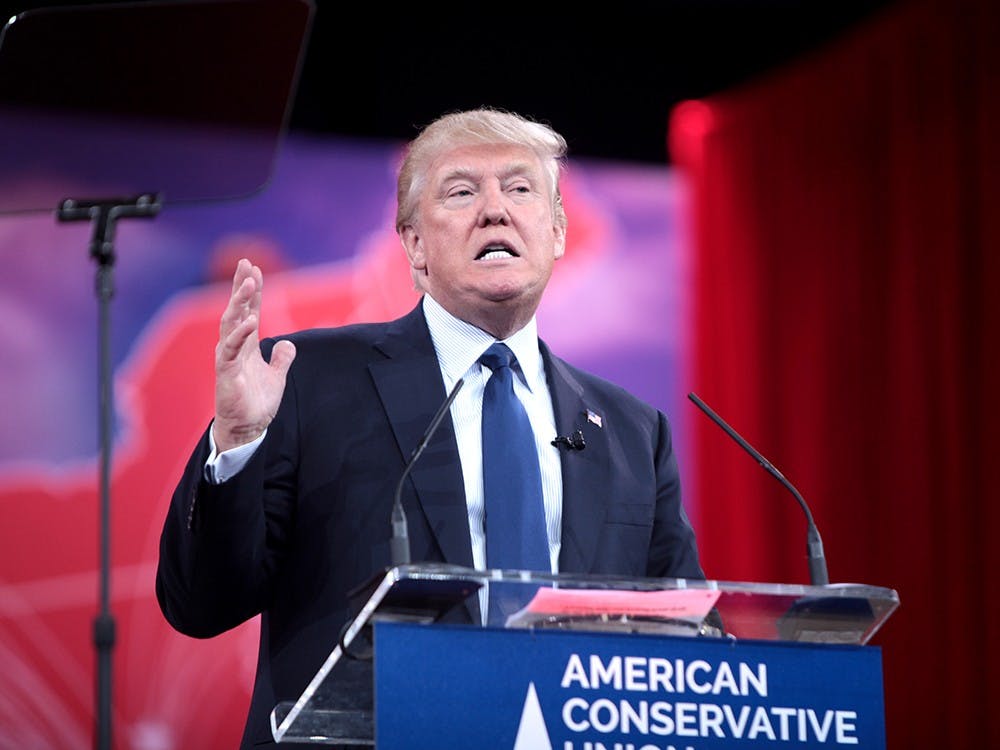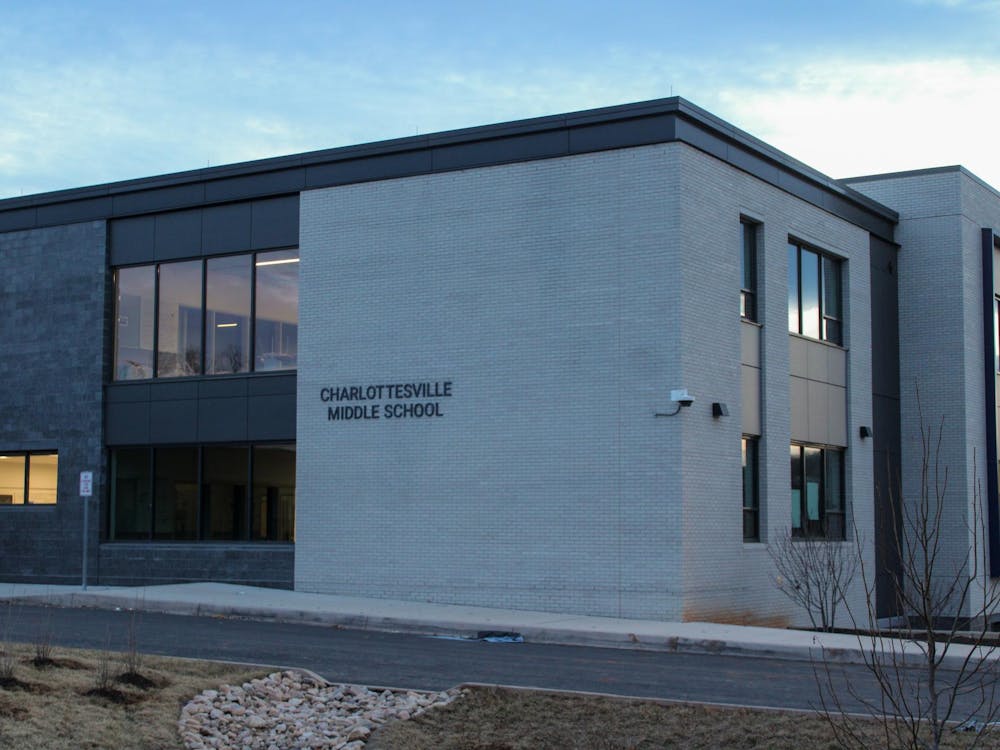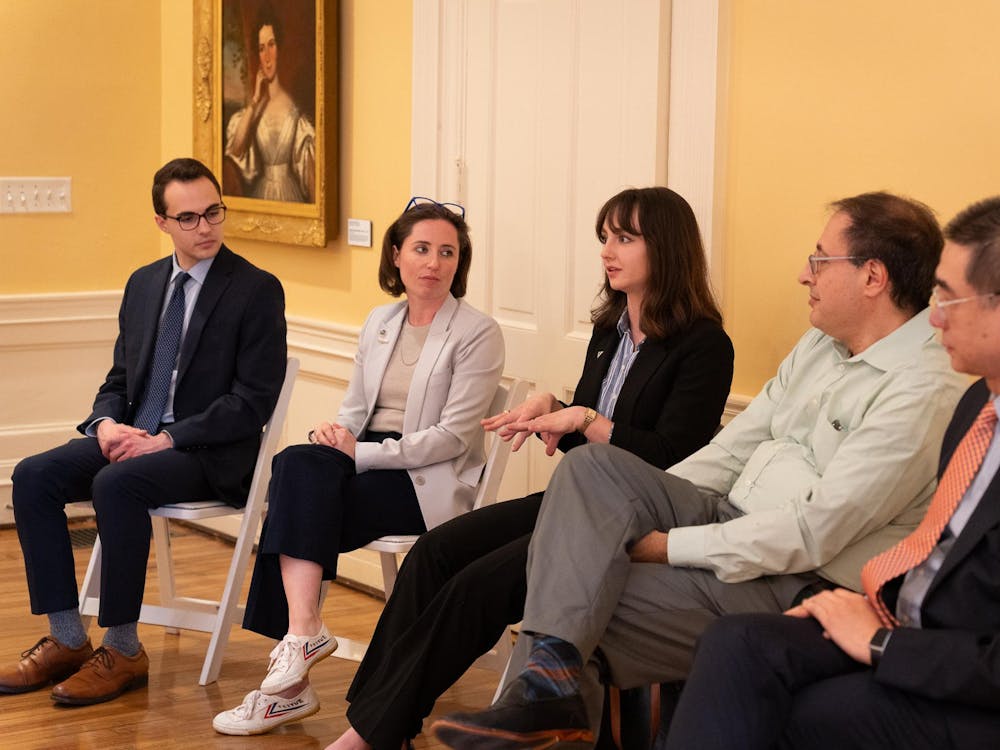With 279 electoral college votes, Republican nominee Donald Trump has won the presidency.
The Washington outsider notably won several swing states expected to go to Democratic nominee Hillary Clinton, which gave him more than the 270 electoral votes required. Clinton called Trump to concede the election at around 2:40 a.m. Wednesday morning, according to reports from CNN and NBC.
Despite winning only 228 electoral votes, Clinton won the popular vote with a lead of at least 200,000 votes, according to reports from AP and other major media outlets as of Wednesday morning. Final tallies are still being recorded. Clinton is the fifth presidential candidate in American history to win the popular vote, but not the electoral college.
Shortly after Clinton officially conceded the election, Trump addressed the nation in his acceptance speech.
“As I’ve said from the beginning, ours was not a campaign, but rather an incredible and great movement made up of million hardworking men and women who love their country,” Trump said. “Working together, we will begin the urgent task of rebuilding our nation and renewing the American dream.”
As expected, Trump did not win the state of Virginia.
The final vote in Virginia contrasted with the results of a student poll conducted by The Cavalier Daily with the help of a faculty advisory board and the Center for Survey Research. Results from the poll showed a strong lead for Clinton on Grounds, although Clinton only won the state by roughly four percentage points at press time.
For student political groups on Grounds, the results mark the end of several months of campaigning, voter registration efforts and the College Republican’s controversial endorsement and retraction of the GOP nominee.
Isabel Kigo, a fourth-year Engineering student who voted for Clinton, said the election’s rhetoric has transferred to the University and the country itself.
“As a person, I think that it has just made me more aware of the different perspectives that people have, or how people can just hide themselves and then show their true colors, especially with all of the racist incidences at the University,” Kigo said.
University Democrats President Sam Tobin, a fourth-year College student, said he and the University Democrats will wait until the election has a definitive winner before making comments.
Adam Kimelman, College Republicans vice chair for campaigns and a second-year College student, said all the candidates the College Republicans supported in down-ballot races in Virginia, won their elections.
“I’m very proud of all of our members for supporting true Republican values as much as they can,” Kimelman said. “It looks like Donald Trump is going to be elected president and I think that to the degree a lot of our members were very dedicated to electing him president, and I think the fact that we are where we are today can be credited to the dedication and the work they put in.”
First-year College student Colin Hanley said his previous studies impacted his vote for Trump.
“I’ve had to draw on my education in economics and political science,” Hanley said. “It’s definitely influenced my vote in this election. This is the most divisive I’ve ever seen our country.”
Though poll results showed strong support for Clinton amongst undergraduate University students, William Antholis, CEO and director of the Miller Center of Public Affairs, said the University is far more liberal than it when he attended 30 years ago. Antholis said as a Greek-American pragmatic, centric Democrat, he represented the left wing of the University at the time.
“This is a much more international, ethnically diverse, socioeconomically diverse university than when I was an undergraduate,” Antholis said. “This University has transformed itself really, in terms of the makeup of the student body both in-state and out-of-state.”
Antholis also said the University’s low support of Trump is attributable to the Republican party moving away from more traditional candidates who might appeal to more millennials.
Politics Lecturer James Todd said Virginia is a contentious state up and down the ballot.
“Virginia is trending to the Democrats, but it remains a very divided state with all statewide offices currently occupied by Democrats and the legislature controlled by the Republicans,” Todd said in an email statement.
Antholis said Virginia’s status as a swing state could depend on what candidates the Republican party puts forth in the future.
“The changing demographics of the state of Virginia to include more transplanted northeasterners and greater ethnic diversity — particularly Asians and South Asians in Northern Virginia — have made Virginia begin to resemble a mid-atlantic state rather than a southern state,” Antholis said. “I think if Republicans find a way to recruit a more traditional, free-market candidate who favors a strong military, and possibly who favors a more cosmopolitan approach to immigration reform, Virginia could still be a swing state.”
However, before the results were officially called, History Prof. Brian Balogh said Clinton’s expected win marks the state’s transition towards a reliably blue state. Balogh also commented on the historical firsts involved in this election — both Trump’s status as an extreme outsider, and Clinton’s status as the first woman nominee for a major party.
“Because Trump is such an unusual candidate — I can’t think of any candidate from a major party in the last 100 years with less experience in public service except, perhaps, [Republican Wendell] Wilkie in 1940 — and because his style is so provocative, it has overshadowed the most significant historical ‘first’ — a major party nominee who is a woman who is considered the favorite to win,” Balogh said in an email statement prior to Election Night. “I am not aware of any modern presidential election where a major party nominee has questioned the fundamental elements of democracy and has refused to say that he is committed to accepting the results of the election in advance.”
Similarly, Todd said Trump is an unusual candidate.
“Trump's run is unprecedented and goes against everything political scientists and campaign strategists thought they knew,” Todd said. “That someone with no political experience and a relatively small staff, who trades in insults, exaggerations and lies, and who refuses to release his tax returns or medical records could come so close to winning the presidency — or actually winning it — is astounding.”
Matthew Gittelman contributed reporting to this article.
This article has been updated to reflect the electoral college vote counts.







